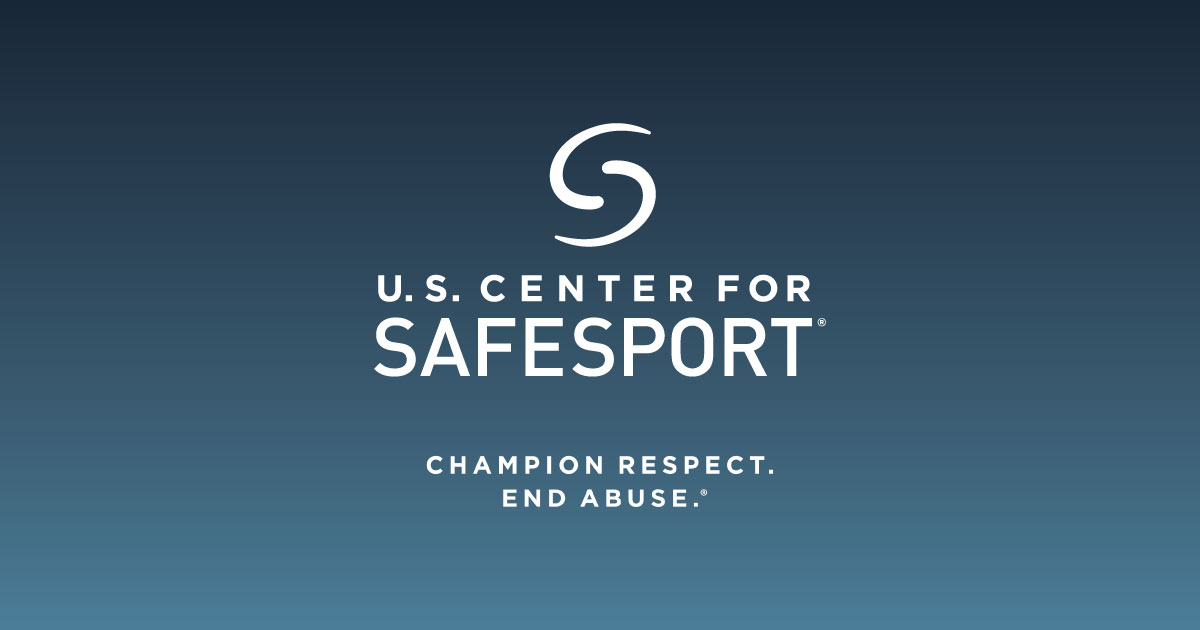
Survivor Stories: The Importance and Gifts of Storytelling
Increasing awareness and decreasing stigma are central to eliminating sexual misconduct and abuse in sport. Survivors bravely sharing their stories is crucial to ending the culture of silence. Like turning the lights on in a dark tunnel, these survivors and their stories illuminate the way to a safer future.
When shadow is brought into light, there is healing potential not only for the individual survivor, but for the world. Unlike often retraumatizing processes, such as retelling one’s abuse in the justice system, the experience of telling your survivor story in a compassionate and trauma-informed setting can be empowering and helpful. By sharing in an anonymous way with control over your narrative, you can express your point of view, your journey, and even help others who, unfortunately, may have had similar experiences. We all have the same core needs–to be seen, heard, and loved. These stories help facilitate a means to meet those needs in a digital setting, and in a powerful and moving way.
Storytelling links members of society together. Before the written word, there was oration, scaffolding cultural history. Stories were the way in which knowledge and legends were passed down through generations, engaging members with parables and motifs essential for survival and a full life. Today, stories still grip our attention, pull at our heartstrings, and change the world. The anecdotes of others that we remember are imprinted into our souls from childhood into our later lives. Stories are how we learn, remember, build empathy for one another, and provide deeper avenues for connection in ways we cognitively may have been stuck. They aid us in making sense of our messy universe, and they are key to changing culture.
Stories matter. Your story matters. Survivor stories matter. Each story, each voice, each situation displays nuances of the human experience and uniquely delivers a healing sentiment. From a meta review of stories shared with #WeRideTogether, themes and trends regarding the strength of the human spirit and the resiliency of the human heart stand out and transcend the hurt, suffering, and unfathomable behaviors that transpired. In spite of all reported misconduct and abuse, readers are left with hope, guidance, and, most importantly, not feeling alone.
Survivors speak to other survivors, to coaches, to sports organizers, and to their fellow teammates and their parents, passing along their wisdom – lessons for all humanity:
- “Know that it gets better. It really does. You’ve just got to keep pushing. It’s hard. And it's going to shape you for the rest of your life. But you get to decide what you do with it: you can either let the trauma run away with you, or you can make something of it.”
- “We need to make sure the survivors who find the courage to speak out know that we believe them and have their backs.”
- “And if you are reading this, and you are questioning something that happened to you, if you are feeling scared or guilty or confused, please know this: you are not to blame for what happened, and you are not alone. No matter how old you are, whether it happened yesterday or thirty years ago, you are a victim and you should not feel shame. Please talk to someone you feel safe with. Abusers want us to feel isolated, but we are not. We have each other.”
- “But if I can be that voice for somebody else—if I can share my truth and tell her what I’ve learned; tell her she can fight through that darkness, that she’s not alone, that she’s enough—then maybe that person can start to have a healthier life. Maybe she doesn’t have to wait until she’s 42, maybe she can start at 14 or 24.”
- “I want to make sure that it doesn't happen to anyone else. Because this is so much bigger than myself.”
- “And I’ve thought a lot about this experience. I don't want negativity to define me. This experience has created an opportunity for me to dig deeper into myself, and to find out who I really am. I think choosing to share my experience with others not only helps to get it off my chest, it lets other people know they’re not in this by themselves. Because, the thing is, we aren’t alone.”
- “One of the things I want to tell people is that you can chart your own path to healing, and you don't have to listen to anybody about how that looks. Start with little things that make you happy. Take that one step: read a book, go outside, go rock climbing, take a yoga class. Let that one ‘right’ thing get you to the next ‘right’ thing. It doesn't have to be hard, and it doesn't necessarily have to be therapy. There’s no right answer. The point is that you do it for yourself, and get on that path. Because nobody else is going to do it for you.”
- “We all need something different, and justice doesn’t mean the same thing to every person.”
No matter your sport, in spite of the details of the trauma you experienced, these are the threads binding survivors together and directing the world and our systems to solutions. Thank you to all storytellers, to all survivors, for your vulnerability, courage, and lionhearts in sharing your truths.
Kathryn McClain, MSW, MBA
Program and Partnerships Director at #WeRideTogether
If you are a survivor who is interested in sharing your story and wants to learn more about this process, please reach out to Kathryn McClain at kmcclain@weridetogether.today.



-min.jpg)
